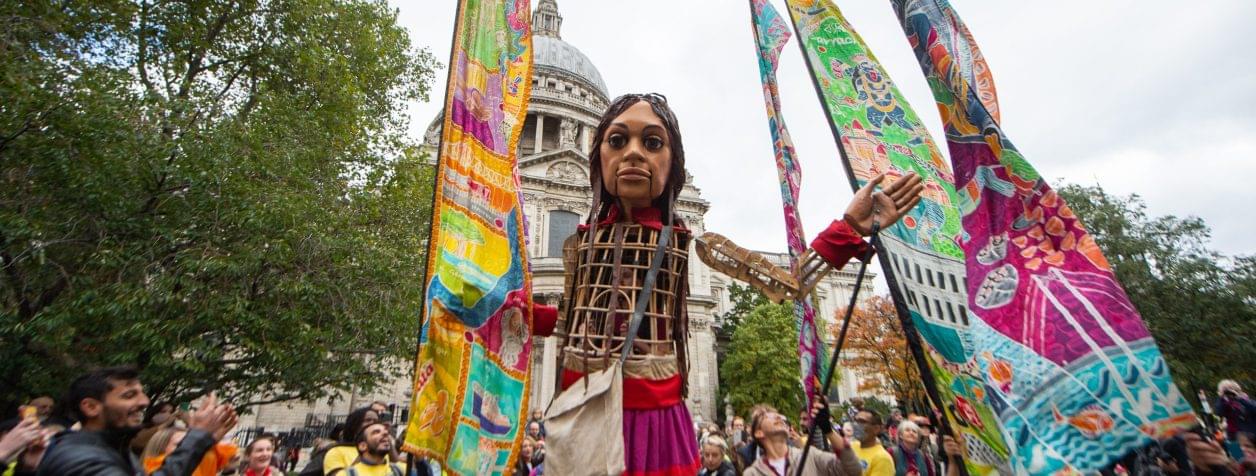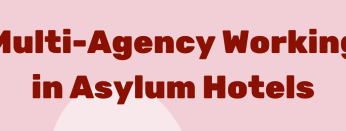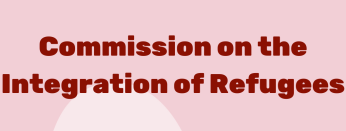Migrants are among the first victims of multiple forms of poverty. Not only is their dignity denied in their home countries, but also their lives are put at risk because they no longer have the means to start a family, to work, or to feed themselves. Once they have arrived in countries that should be able to accept them, “migrants are not seen as entitled like others to participate in the life of society, and it is forgotten that they possess the same intrinsic dignity as any person. […] No one will ever openly deny that they are human beings; yet in practice, by our decisions and the way we treat them, we can show that we consider them less worthy, less important, less human.” Therefore, it is urgent to remember that “every migrant is a human person who, as such, possesses fundamental, inalienable rights that must be respected by everyone and in every circumstance.” Receiving migrants is an important and meaningful way of defending “the inalienable dignity of each human person regardless of origin, race or religion.”
Dignitas Infinita, 40
Pope Francis has called on us to respond to refugees by welcoming, protecting, promoting, and integrating people, with the reminder that: “Every stranger who knocks at our door is an opportunity for an encounter with Jesus Christ, who identifies with the welcomed and rejected strangers of every age (Matthew 25:35-43).”
The Catholic community across England & Wales embraced the community sponsorship programme and subsequent Homes for Ukraine Programme, welcoming individuals and families seeking sanctuary into their homes and communities. However, recent Government policy and rhetoric has been far from welcoming as we have seen a shift from protection to punishment of those seeking asylum.
Human dignity is the cornerstone of Catholic Social teaching and ‘underlies the primacy of the human person and the protection of human rights’ (Dignitas Infinita, 1). Recognising the lack of dignity afforded to refugees as they flee their home countries in search of sanctuary, we must play our part in providing a genuine and compassionate welcome.
We are each responsible for the realisation of human dignity and can assist with ensuring refugees rights are upheld, not least of all via access to decent accommodation that meets the needs of individuals and allows them to integrate into their new community.
Amidst the ongoing challenges we face in the UK, we continue to advocate for the dignity of refugees and migrants in a continually hostile environment and highlight the importance of the teaching document Love the Stranger from the Department of International Affairs at CBCEW. The document speaks into the contested space and reinforces Catholic social teaching, offering guidance on our response to refugees and migrants. The document outlines several principles, calling to action both the Catholic community and the Government – whilst recognising states’ right to control their borders, it reinforces their responsibility to promote the common good of those within their borders and uphold their obligations to the wider world, encouraging a warm welcome for those who come to our country, as is our Christian duty.
You can learn more about this document and what you can do to help in our call-to-action, which is compiled as a toolkit to inform and assist the community to love the stranger in the way God intended: https://www.csan.org.uk/love-the-stranger-call-to-action/.
We have also compiled a Guide to Resettlement to help you understand the many programmes and schemes available in the UK and how you can get involved and support refugees in your community: https://www.csan.org.uk/resettlement-toolkit/
To complement the previously published guides and toolkits, we have developed this Guide to Asylum Accommodation to assist communities in better understanding the asylum accommodation system, the rise in asylum hotels and the repurposing of military sites and barges, as well as the detrimental effect this has on refugees and communities. To read through the guide, please click on the tiles below.
Every human person possesses an infinite dignity, inalienably grounded in his or her very being, which prevails in and beyond every circumstance, state, or situation the person may ever encounter. This principle, which is fully recognizable even by reason alone, underlies the primacy of the human person and the protection of human rights.
Dignitas Infinita, 1
Image: Little Amal in London Credit: Catholic Church England and Wales on Flickr











